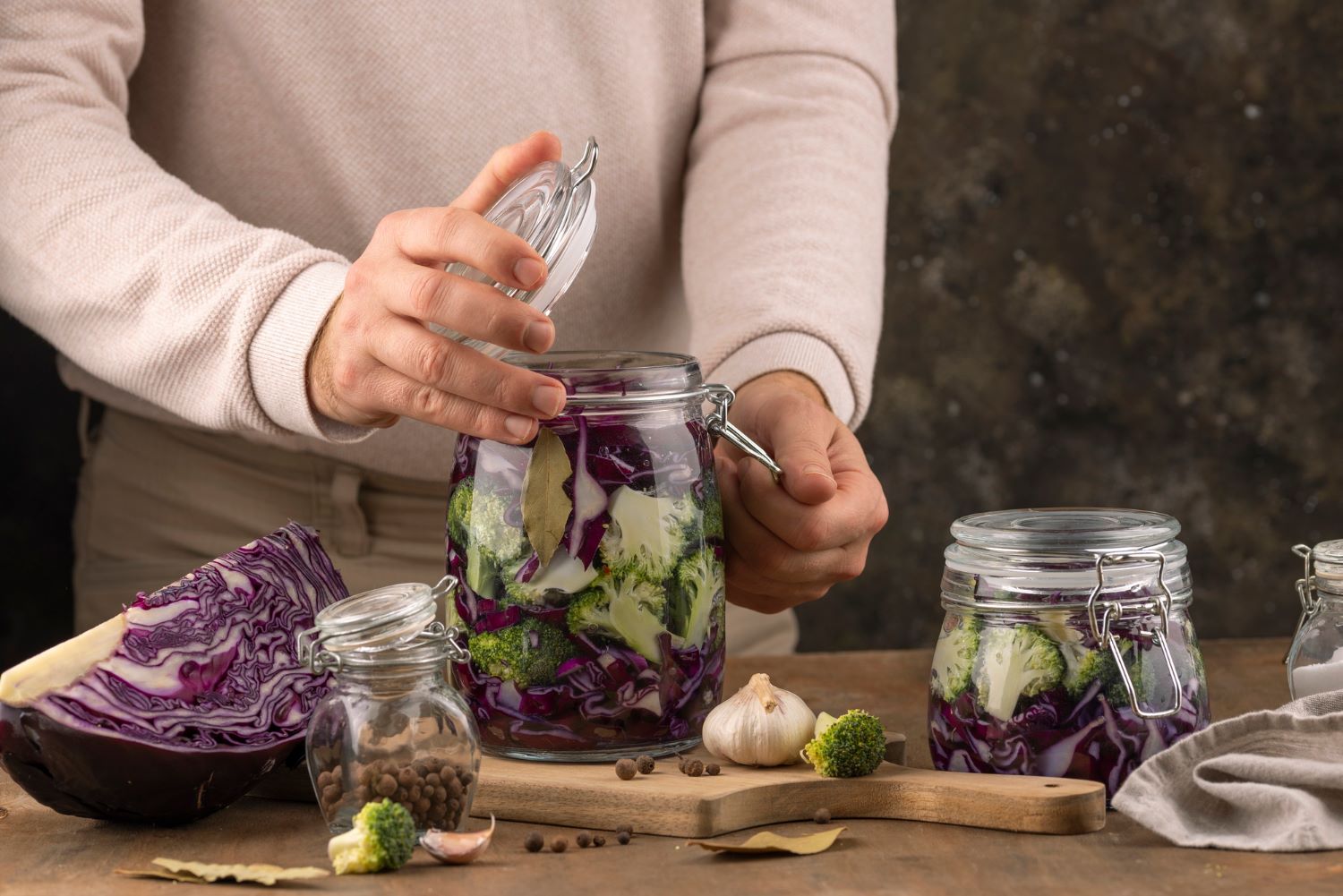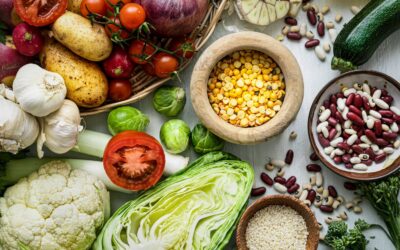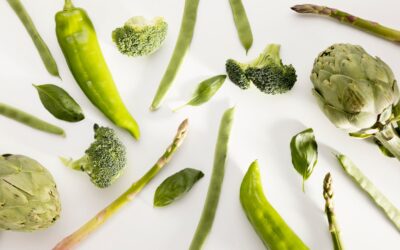Digestive health is interconnected, meaning that when one part of your system isn’t functioning optimally, it can affect everything else. If you suffer from acid reflux, heartburn, or bloating, the cause might not be just your stomach, it could be slow digestion and constipation.
Many people don’t realise that constipation can contribute to acid reflux by increasing intra-abdominal pressure, leading to the backflow of stomach acid into the oesophagus. If you often experience both constipation and reflux, it’s time to take a closer look at your gut motility and digestive habits.
Let’s explore how poor bowel movements can trigger acid reflux, what factors contribute to sluggish digestion, and natural solutions to relieve constipation and support gut health.
How Constipation Can Worsen Acid Reflux
Constipation doesn’t just cause bloating and discomfort; it can actually make acid reflux symptoms worse. Here’s how:
Increased Intra-Abdominal Pressure
When stool sits in the intestines for too long, the pressure inside your abdomen builds up, which can push stomach acid up into the oesophagus, leading to heartburn.
Weakening of the Lower Oesophageal Sphincter (LES)
The LES is responsible for keeping stomach acid where it belongs, in the stomach. Chronic constipation can weaken this valve, allowing acid to escape and cause irritation.
Disruptions in Gut Motility
Your digestive system relies on smooth and regular movement (peristalsis) to push food and waste through your intestines. When motility slows down, food stays in the stomach longer, increasing fermentation, bloating, and acid reflux.
If you’re experiencing both constipation and reflux, addressing gut motility and bowel regularity is key to finding relief.
Common Causes of Constipation That Lead to Reflux
Constipation can be caused by a combination of dietary, lifestyle, and gut health factors. Here are the most common culprits:
- Low Fibre Intake – Fibre helps bulk up stool and promote regular bowel movements. A diet low in fruits, vegetables, and whole grains can slow digestion.
- Dehydration – Not drinking enough water makes stools hard and difficult to pass.
- Sedentary Lifestyle – Lack of movement slows digestion. Exercise stimulates gut motility and helps prevent constipation.
- Imbalanced Gut Bacteria – A disrupted gut microbiome can slow digestion and contribute to both constipation and acid reflux.
- Stress and Anxiety – Stress affects the gut-brain axis, slowing digestion and increasing stomach acid production, making both constipation and reflux worse.
- Excessive Use of Medications – Certain medications, such as antacids, painkillers, and antidepressants, can slow gut motility and lead to constipation.
The good news? By making simple dietary and lifestyle adjustments, you can relieve constipation naturally and reduce the pressure that triggers reflux symptoms.
Natural Solutions to Relieve Constipation and Reduce Heartburn
If you’re struggling with both constipation and acid reflux, these natural solutions can support bowel regularity and digestive health:
- Increase Your Fibre Intake (Gradually!)
Fibre helps add bulk to stools, making them easier to pass.
✔ Best Fibre-Rich Foods for Gut Motility:
- Flaxseeds and chia seeds (rich in soluble fibre)
- Oats and quinoa
- Leafy greens (spinach, kale, Swiss chard)
- Root vegetables (sweet potatoes, carrots)
- Berries and apples (with skin for extra fibre)
⚠ Tip: Increase fibre intake slowly to avoid bloating and gas. Make sure you drink any fibre rich cereal with plenty of water.
- Stay Hydrated for Better Digestion
Dehydration is one of the leading causes of constipation. When the body lacks water, the colon absorbs more fluid from stool, making it harder to pass.
✔ Hydration Tips for Better Digestion:
- Drink warm lemon water in the morning to stimulate bowel movements.
- Aim for at least 8 glasses of water daily.
- Try herbal teas like ginger or chamomile for soothing digestion.
Learn more about my nutrition coaching services and personalised hydration strategies.
- Support Your Gut with Probiotics and Prebiotics
A balanced gut microbiome is essential for smooth digestion and bowel movements.
✔ Best Probiotic Foods:
- Fermented foods: Sauerkraut, kimchi, kefir, yogurt
- Probiotic supplements (consult a professional for the right type!)
✔ Best Prebiotic Foods:
- Garlic, onions, leeks
- Bananas
- Asparagus and artichokes
A healthy gut microbiome supports regular digestion, preventing both constipation and acid reflux.
- Manage Stress for a Happy Gut
Stress is a major trigger for both constipation and reflux.
✔ Stress-Reducing Practices:
- Deep breathing exercises before meals
- Gentle movement (yoga, stretching, walking)
- Mindful eating to prevent overeating and indigestion
Discover how my personalised nutrition plans can help support your gut-brain connection.
Take Control of Your Digestion and Heartburn
If you experience both constipation and reflux, it’s essential to support gut motility, improve fibre intake, and stay hydrated. Addressing digestion holistically can help reduce bloating, discomfort, and acid reflux naturally.
If you need personalised guidance to balance digestion and prevent reflux, I can help.




